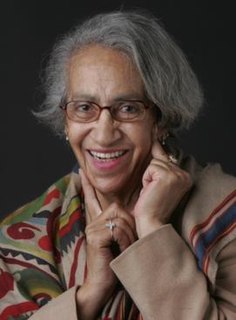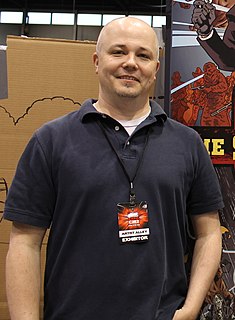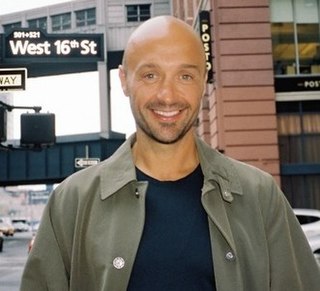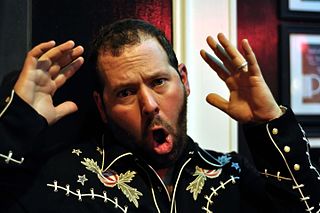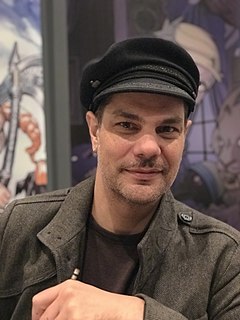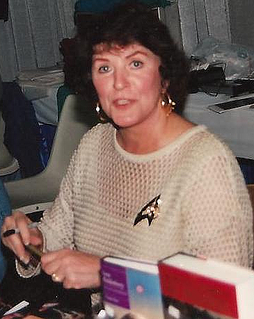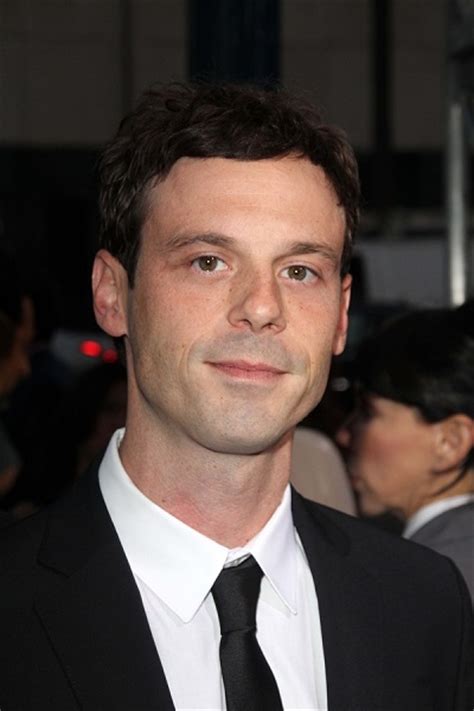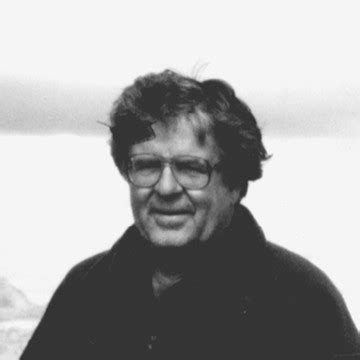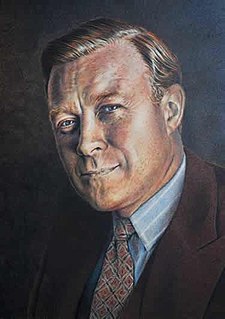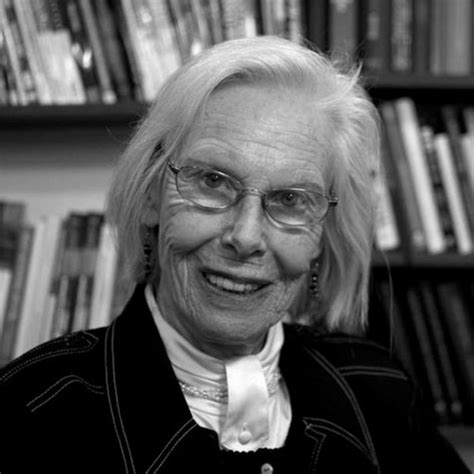Top 1200 Sharing Stories Quotes & Sayings - Page 4
Explore popular Sharing Stories quotes.
Last updated on April 17, 2025.
It was the same with friendship. Disagreement between friends and spouses, too had to be carefully handled. If the time you spent with friends was consumed by disagreement, then there was no room for the essence of friendship, which was a sharing of the world. And that sharing involved seeing things the same way, or at least seeing things through the eyes of the friend.
The language of the culture also reflects the stories of the culture. One word or simple phrasal labels often describe the story adequately enough in what we have termed culturally common stories. To some extent, the stories of a culture are observable by inspecting the vocabulary of that culture. Often entire stories are embodied in one very culture-specific word. The story words unique to a culture reveal cultural differences.
The desire for story is very, very deep in human beings. We are the only creature in the world that does this; we are the only creature that tells stories, and sometimes those are true stories and sometimes those are made up stories. Then there are the larger stories, the grand narratives that we live in, which are things like nation and family and clan and so on. Those stories are considered to be treated reverentially. They need to be part of the way in which we conduct the discourse of our lives and to prevent people from doing something very damaging to human nature.
My stories are not Christianized at all. I don't even have any Christians in my stories. What they are, are stories about ordinary people going through extraordinary circumstances in which I'm exploring truth. How light overcomes darkness in a way that's unmistakable to anyone who has any kind of faith.
Stories? We all spend our lives telling them, about this, about that, about people … But some? Some stories are so good we wish they’d never end. They’re so gripping that we’ll go without sleep just to see a little bit more. Some stories bring us laughter and sometimes they bring us tears … but isn’t that what a great story does? Makes you feel? Stories that are so powerful … they really are with us forever.
You both passed out,” Percy said. “I don’t know why, but Ella told me not to worry about it. She said you were…sharing?” “Sharing,” Ella agreed. She crouched in the stern, preening her wing feathers with her teeth, which didn’t look like a very effective form of personal hygiene. She spit out some red fluff. “Sharing is good. No more blackouts. Biggest American blackout, August 14, 2003. Hazel shared. No more blackouts.” Percy scratched his head. “Yeah…we’ve been having conversations like that all night. I still don’t know what she’s talking about.
We believe in a single fundamental idea that describes better than most textbooks and any speech that I could write what a proper government should be: the idea of family, mutuality, the sharing of benefits and burdens for the good of all, feeling one another's pain, sharing one another's blessings — reasonably, honestly, fairly, without respect to race, or sex, or geography, or political affiliation.
The world is slowly, slowly moving towards love relationships; hence there is great turmoil. All the old institutions are disappearing - they have to disappear, because they were based on the I/it relationship. New ways of communication, new ways of sharing are bound to be discovered. They will have a different flavor, the flavor of love, of sharing. They will be nonpossessive; there will be no owner.
I suppose the other thing too many forget is that we were all stories once, each and every one of us. And we remain stories. But too often we allow those stories to grow banal, or cruel or unconnected to each other.We allow the stories to continue, but they no longer have a heart. They no longer sustain us.
I would struggle to write for just my own voice as it would be pretty limiting on what my tracks are capable of sounding like, so being open to collaboration is crucial for what I do. The best thing is simple: just getting the finished version of a track that sounds incredible, from when it was just a melody in my head. Seeing that executed is sick. There's not really too much downside as I write by myself so I'm only sharing the part I'm comfortable sharing. It's all good.
My real purpose in telling middle-school students stories was to practice telling stories. And I practiced on the greatest model of storytelling we've got, which is "The Iliad" and "The Odyssey." I told those stories many, many times. And the way I would justify it to the head teacher if he came in or to any parents who complained was, look, I'm telling these great stories because they're part of our cultural heritage. I did believe that.
Humanity's legacy of stories and storytelling is the most precious we have. All wisdom is in our stories and songs. A story is how we construct our experiences. At the very simplest, it can be: 'He/she was born, lived, died.' Probably that is the template of our stories - a beginning, middle, and end. This structure is in our minds.
AS SOMBRAS DA ALMA. THE SHADOWS OF THE SOUL. The stories others tell about you and the stories you tell about yourself: which come closer to the truth? Is it so clear that they are your own? Is one an authority on oneself? But that isn't the question that concerns me. The real question is: In such stories, is there really a difference between true and false? In stories about the outside, surely. But when we set out to understand someone on the inside? Is that a trip that ever comes to an end? Is the soul a place of facts? Or are the alleged facts only the deceptive shadows of our stories?
The Nigerian storyteller Ben Okri says that ‘In a fractured age, when cynicism is god, here is a possible heresy: we live by stories, we also live in them. One way or another we are living the stories planted in us early or along the way, or we are also living the stories we planted — knowingly or unknowingly — in ourselves. We live stories that either give our lives meaning or negate it with meaninglessness. If we change the stories we live by, quite possibly we change our lives.’
Whether I affect one person or an entire family, or even a group of people, I feel like I have resources and education and ability and skills that some people may not be fortunate enough to acquire. But by sharing and inquiring, being a listener, and being interested in the stories of other people and their lives, I can also pull things out and say "What can I do for them? What can I share with them that may alleviate some of their suffering?"
I didn't know how to check other people's feeds. When I started Instagram, it was just me posting! But then at some point, like eight months ago, I realized I could see what other people were sharing. It was so exciting and so fun, but it was like I'd already gotten into the rhythm of sharing and not worrying about what it was like compared to other accounts. I think that was kind of protective, in a way.
Perhaps this is what we mean by sanity: that, whatever our self-admitted eccentricities might be, we are not the villains of our own stories. In fact, it is quite the contrary: we play, and only play, the hero, and in the swirl of other people's stories, insofar as these stories concern us at all, we are never less than heroic.
As TV embedded itself into the national consciousness, it got us to remember how more than just the facts transmits truth and reality - and in fun, engaging ways. TV also showed us how telling our stories, confronting our own truths makes us and the people with whom we're sharing feel less lonely and alienated.
Writing stories, adopting other characters, making up fantastic stories and tales, this is a way of perhaps enhancing who I am. Writing stories takes a commonplace old life and makes it all somehow more interesting. And hopefully I can do that in a way that touches a lot of people in their lives, too.
We believe this approach (progress sharing) is a rational approach because you cooperate in creating the abundance that makes the progress possible, and then you share that progress after the fact, and not before the fact. Profit sharing would resolve the conflict between management apprehensions and worker expectations on the basis of solid economic facts as they materialize rather than on the basis of speculation as to what the future might hold.
My stories are of gas chambers, shootings, electrified fences, torture, scorching sun, mental abuse, and constant threat of death. But they are also stories of faith, hope, triumph, and love. They are stories of perseverance, loyalty, courage in the face of overwhelming odds, and of never giving up!
I have never been able to understand the complaint that a story is "depressing" because of its subject matter. What depresses me are stories that don't seem to know these things go on, or hide them in resolute chipperness; "witty stories," in which every problem is the occasion for a joke; "upbeat" stories that flog you with transcendence. Please. We're grown ups now.




